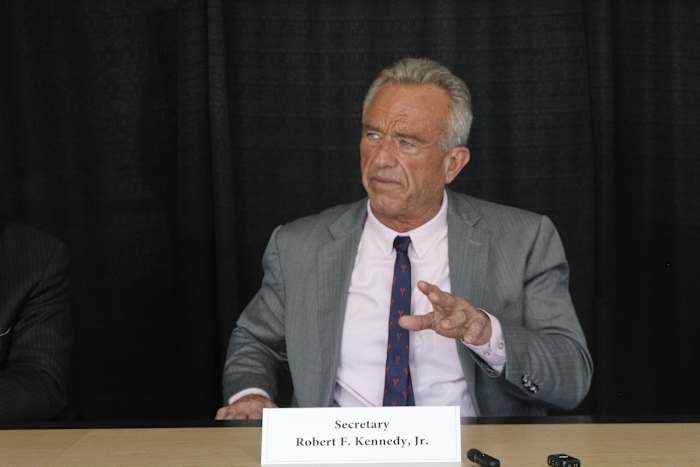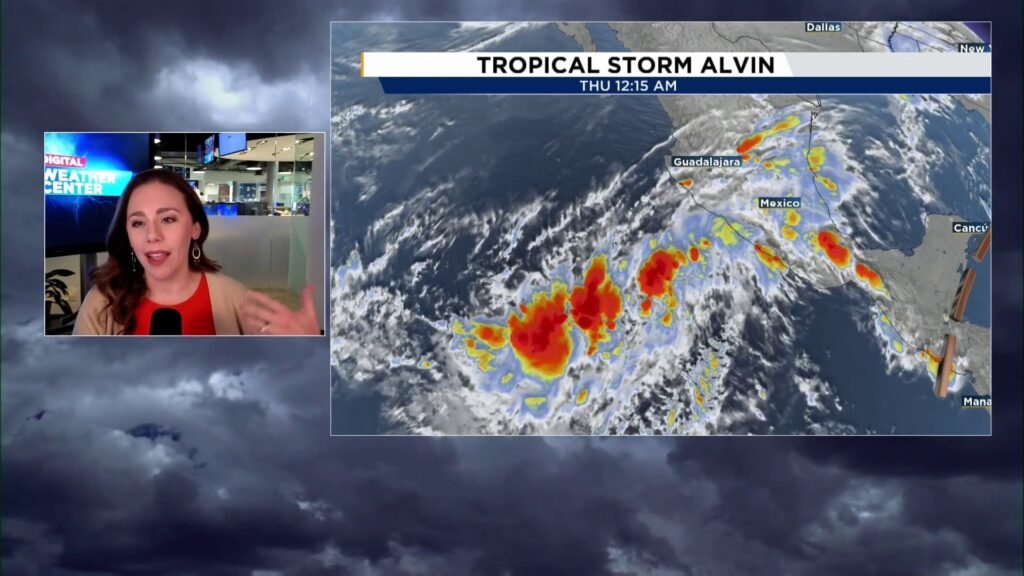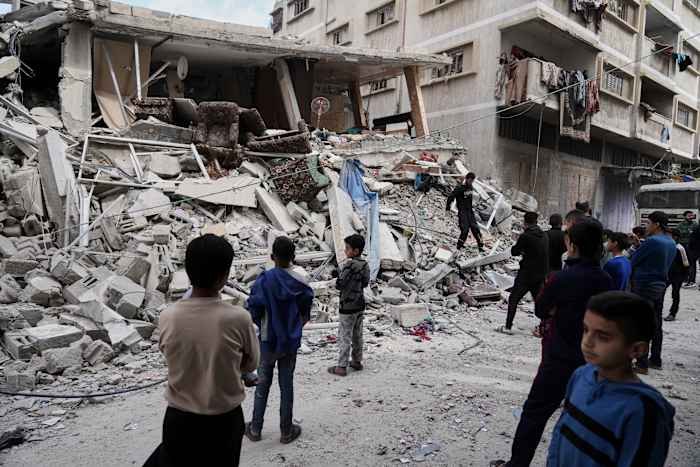Introduction
The national debate over vaccine safety and accountability is making headlines once again, as independent presidential candidate Robert F. Kennedy Jr. vows to overhaul the federal vaccine injury compensation program. Kennedy’s pledge is drawing attention from both supporters and critics, reigniting discussions that have long simmered within the anti-vaccine movement. For Orlando residents, the issue isn’t just a distant policy debate—it has real implications for local families, healthcare providers, and public health. In this post, we’ll break down what RFK Jr. is proposing, how it ties into the wider vaccine injury debate, and what it could mean for the Orlando community.
Understanding the Vaccine Injury Compensation Program
The National Vaccine Injury Compensation Program (VICP) was established in 1986 as a no-fault alternative to the traditional legal system for resolving vaccine injury claims. Instead of suing vaccine manufacturers directly, individuals who believe they’ve been injured by a vaccine can apply for compensation through the VICP. The program is funded by a small excise tax on vaccines and is intended to ensure a steady vaccine supply while still offering recourse for rare adverse events.
In Orlando and nationwide, the VICP has helped thousands of families receive compensation for verified injuries. However, critics—especially within the anti-vaccine movement—argue that the process is slow, difficult to navigate, and too restrictive in recognizing certain types of injuries. Kennedy’s proposed overhaul seeks to address these concerns, but it also raises questions about vaccine confidence and public health priorities, especially in communities like Orlando where vaccination rates affect school safety and outbreak risks.
RFK Jr.’s Criticisms and Proposed Changes
Robert F. Kennedy Jr. has been a prominent critic of vaccine policies and the VICP for years. His central argument is that the program is stacked against petitioners, with an opaque process and a high burden of proof. Kennedy has called for:
- Greater transparency in VICP proceedings, including making more data and decisions public.
- Broader definitions for qualifying injuries, allowing more claims to be recognized and compensated.
- Faster processing times, so that families aren’t left waiting years for a decision.
- Increased funding and resources for the program, to ensure timely and fair consideration for every claim.
These proposals echo grievances commonly voiced within the anti-vaccine movement, which often portrays the program as a shield for pharmaceutical companies rather than a safety net for families. In Orlando, where healthcare providers must balance patient concerns with public health guidance, such proposals could influence both policy and public perception.
Implications for Orlando: Public Health, Schools, and Families
Orlando’s diverse population includes families with varied views on childhood vaccination. Local pediatricians and school administrators regularly navigate questions about vaccine requirements, exemptions, and rare injury risks. Any changes to the VICP—especially those that expand the list of compensable injuries—could affect how Orlando families make vaccination decisions.
On one hand, a more transparent and accessible program might reassure parents that their concerns are taken seriously. On the other hand, critics worry that amplifying vaccine injury claims could discourage some families from vaccinating, potentially increasing the risk of outbreaks of diseases like measles or pertussis in Orlando schools. The balance between addressing legitimate vaccine injuries and maintaining high vaccination rates is delicate, and the debate surrounding Kennedy’s proposals puts Orlando at the center of a national conversation.
The Broader Debate: Science, Trust, and Community Health
The controversy over the VICP is about more than just compensation; it’s about trust in science, government, and the healthcare system. For many in the anti-vaccine movement, skepticism about vaccine safety is intertwined with broader concerns about pharmaceutical influence and government transparency. Kennedy’s calls for reform resonate with these concerns, but they also risk fueling misinformation if not carefully framed.
In Orlando, public health officials have worked hard to build trust with diverse communities, particularly in the wake of the COVID-19 pandemic. Efforts to increase vaccine access, provide clear information, and address hesitancy have been crucial in maintaining community health. As the debate over the VICP intensifies, local leaders and residents alike must weigh the potential benefits of reform against the risk of undermining confidence in vaccines—a cornerstone of Orlando’s public health strategy.
Conclusion
Robert F. Kennedy Jr.’s vow to overhaul the vaccine injury compensation program has sparked important conversations nationwide—and right here in Orlando. As the city continues to prioritize the health and safety of its residents, any changes to vaccine policy or compensation systems could have far-reaching impacts. What do you think about RFK Jr.’s proposals? Would reforming the VICP help Orlando families, or could it pose new challenges for public health? We want to hear your thoughts—please leave a comment below and join the discussion!
















